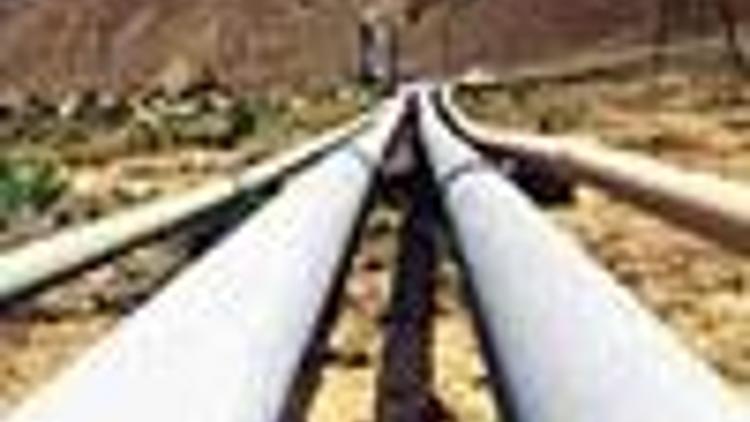West's key energy routes threatened by Georgia-Russia conflict
Güncelleme Tarihi:

The conflict that has erupted in the Caucasus has set alarm bells ringing in energy supplies as Georgia has a pivotal role in the global energy market with being a practical route from the region that avoids both Russia and Iran. A major oil and a natural gas pipelines run through Georgia to supply the Western countries. Russian planes targeted Saturday Baku-Tbilisi-Ceyhan pipeline but missed, Georgian minister said. (UPDATED)
The 1,770km (
Around
Russian fighter jets targeted the major Baku-Tbilisi-Ceyhan (BTC) oil pipeline which carries oil to the West from Asia but missed, Georgia's Economic Development Minister Ekaterina Sharashidze said on Saturday.
"This clearly shows that Russia has not just targeted Georgian economic outlets but international economic outlets in Georgia," she said at a news briefing.
There have been no independent verifications of Russian jets targeting the BTC pipeline.
The conflict is seen as another blow to the operation of the pipeline, which has already hit by an explosion occured last week. Output from the pipeline, which is 30 per cent owned by BP and carries more than 1 per cent of the world's supply, is likely to be on hold for several weeks while the fire is extinguished and the damage repaired.The BTC pipeline, which cost $3 billion to build, is a key plank of
The other energy route threatened by the conflict is the Baku-Tblisi-Erzurum natural gas pipeline. Also known as the Shakh-Deniz Pipeline, takes gas from the Shakh Deniz gasfield in the Caspian Sea to
It is jointly operated by BP and StatoilHydro. It began exports to

